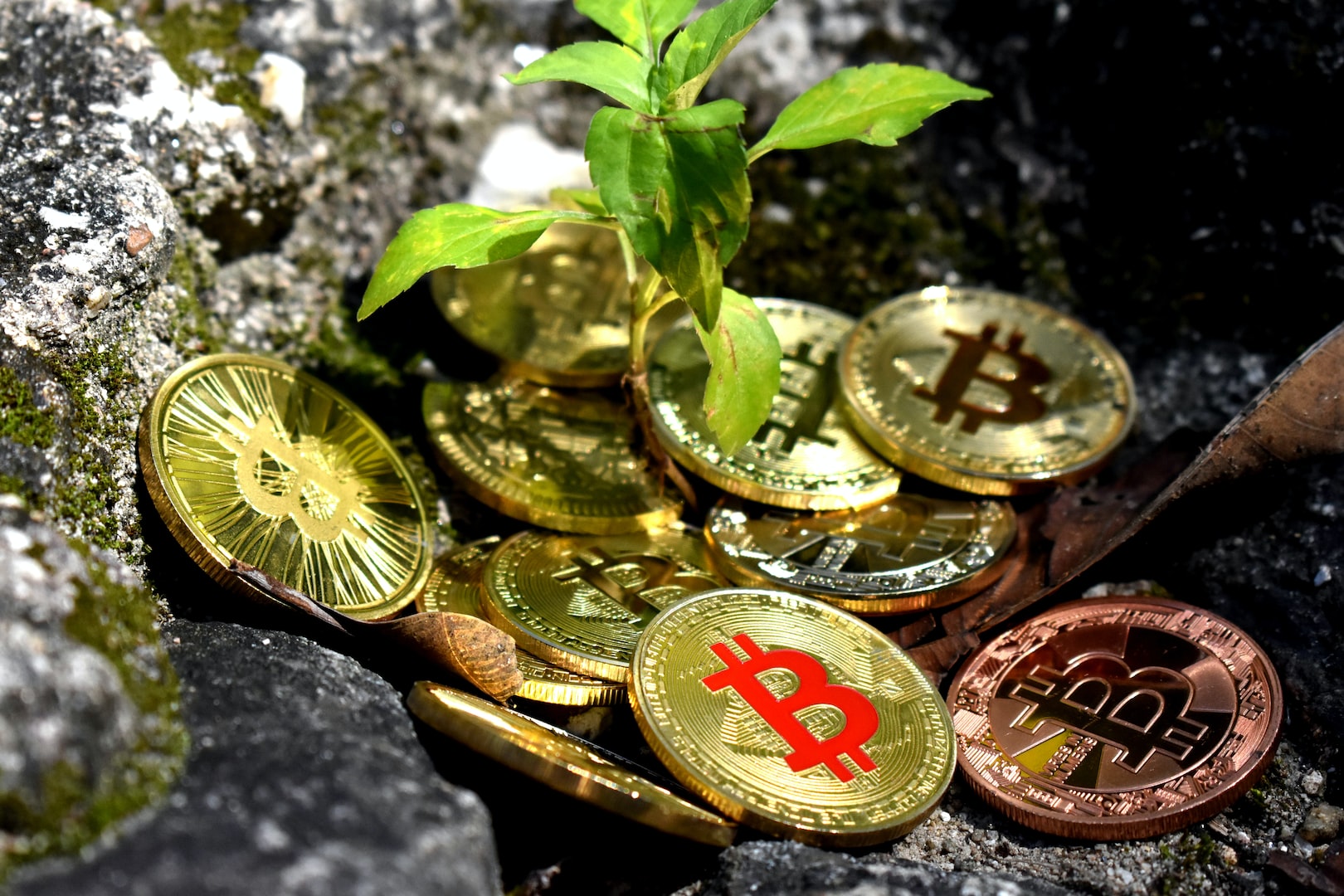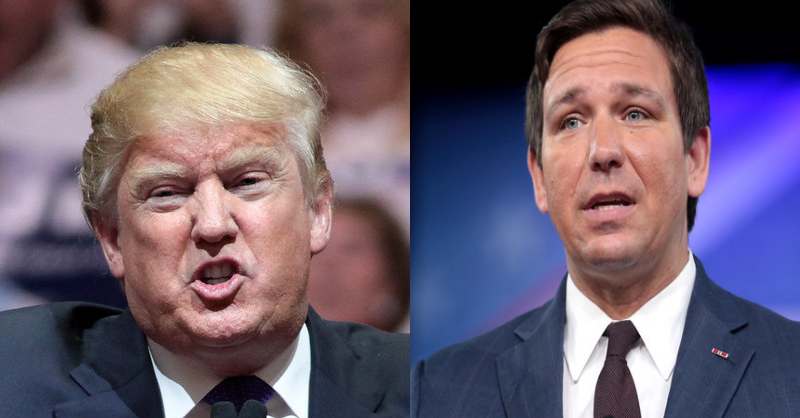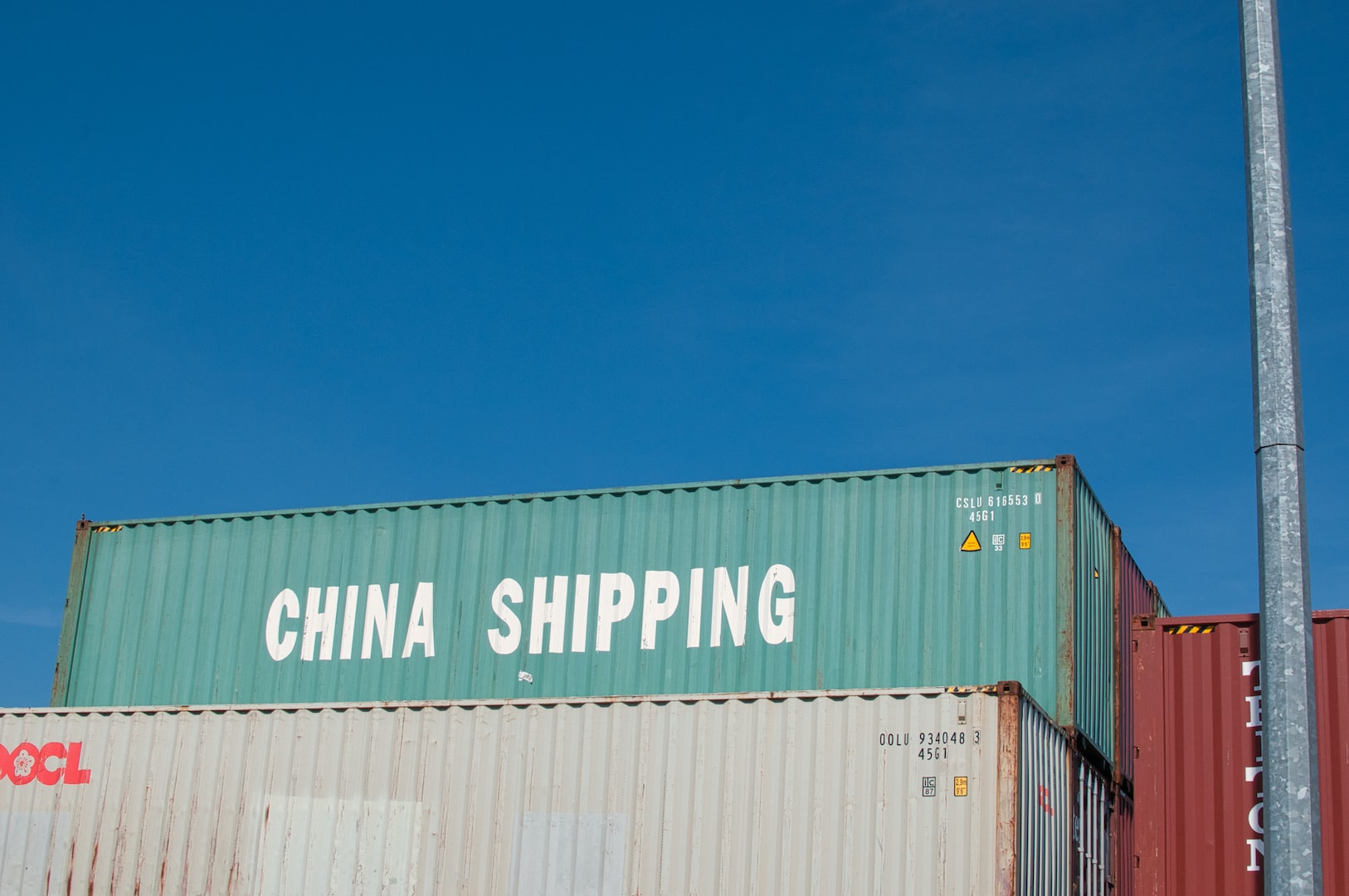
RYAN TYLER
Mobs On Demand: The Truth aBout Paid Protesters
Most of the highly publicized protests we've been seeing across America aren't spontaneous or random.
This website uses cookies to ensure that you have the best possible experience when visiting the website. View our privacy policy for more information about this. To accept the use of non-essential cookies, please click "I agree"



RYAN TYLER
Most of the highly publicized protests we've been seeing across America aren't spontaneous or random.

THOMAS CARTER
Troubling signs point to GOP losses under a Trump nomination.

DEVON KASH
The U.S. has lost a majority its major military conflicts since WW2.

GRANT JOHNSON
Service offers plenty of opportunities and good pay for young Canadians.

RYAN TYLER
More and more people are realizing that our interdependence has become a detriment.

TARA MURRAY
These three movies are streaming right now and they might be up your alley.